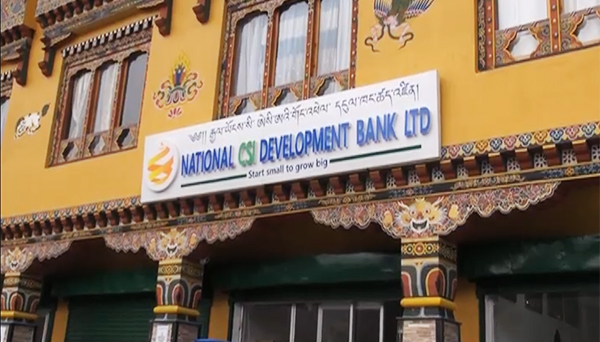 The National Cottage and Small Industry development bank, as an investor has developed a client-friendly investment scheme for farmers. It will target end to end support to plug the gap of inadequacies in the farming business. The investment model will facilitate complete business eco-system, right from identifying the potential product, input source, to marketing the products.
The National Cottage and Small Industry development bank, as an investor has developed a client-friendly investment scheme for farmers. It will target end to end support to plug the gap of inadequacies in the farming business. The investment model will facilitate complete business eco-system, right from identifying the potential product, input source, to marketing the products.
As a pilot this year, the bank aims to first focus on a selected winter vegetable production. This time, it is chillies, onions, tomatoes and garlic mainly to substitute import and counter winter food shortages in the country. Here in Bhutan, although people have been farming for ages, rural agriculture lacks marketing capability and business knowledge. Therefore, even after the successful production, it is of utmost importance to give good harvest support and apparatus in place.
“If people need seeds, greenhouse, the Agriculture Ministry will technically support farmers. And from then, if farmers are not able to sell their produce, we will help market it. For example, we can give it to the army, Central monastic body or school. They don’t have to throw their vegetables. We will buy it and sell it. Also in winter, we bring all the vegetables from India. Now due to COVID this year, we don’t know how we can import vegetables from there. So we want to try everything possible to produce on our own,” said Kipchu Tshering, the Chairperson of the National CSI Bank.
The scheme has a loan ceiling of Nu 500,000 which farmers can pay only after their harvest. The model will be initiated in southern Dzongkhags. The Agriculture Ministry will also give technical support like policy guidance and advises on farming whenever a farmer seeks for one.
This model will be rolled out in the long run if the current pilot project is successful.
Samten Dolkar





